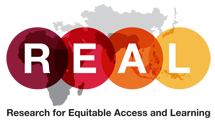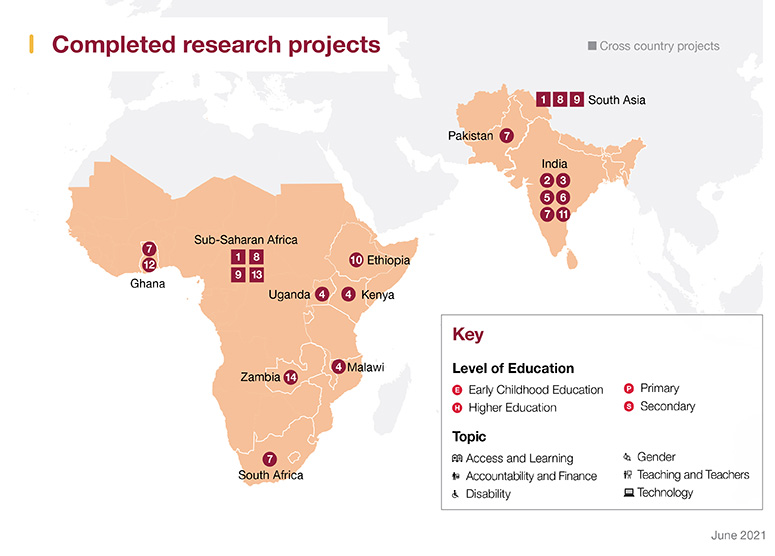
Access to quality education for all children
The REAL Centre undertakes research across a range of contexts aimed at understanding and improving access to quality education for all children. Below is a summary of completed REAL Centre research projects.
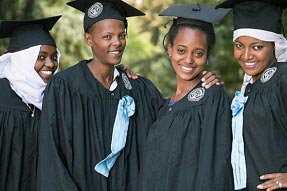
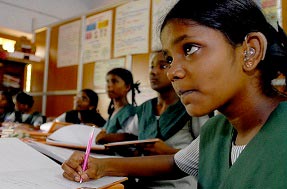
Activity Based Learning evaluation in India
Tamil Nadu’s Activity Based Learning programme represents a significant departure from conventional pedagogical practices in Indian classrooms. This project, comprising a multi-disciplinary team of researchers, is focused on undertaking an evaluation of the programme’s pedagogic features, impact on student outcomes, and political economy.
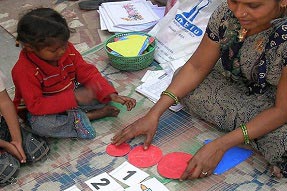
Child development in India
This research tackles the problem of scaling quality early childhood care and education (ECCE). It analyses the contexts, practices and costs of ECCE for disadvantaged families/communities in two states of India – Tamil Nadu and Bihar. The study focuses on the experiences and negotiations of families within government and non-government ECCE centres.
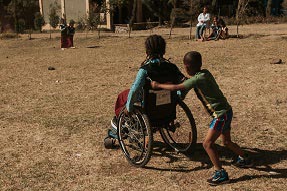
Disability in Malawi, Kenya and Uganda
The Reach Forward project aims to address the exclusion of children with disabilities in Malawi, Uganda and Kenya from quality education. The ultimate goal is to strengthen the capacity of partners in the South to set their own research agendas and inform the development of effective education systems.
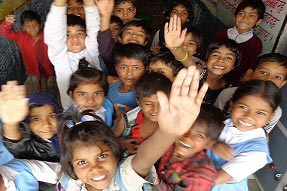
Early childhood education in India
This project focuses on the supply, demand and impact of different forms of early childhood education (ECE). We analyse a mixed-methods longitudinal survey following 12,000 children across the Indian states of Assam, Rajasthan and Telangana. The data comprise 12 survey waves carried out with young children. With household interviews, multiple learning assessments and detailed information on ECE centres, primary schools, villages and households, these data enable unique analysis of conditions in the country with the world’s largest youth population.
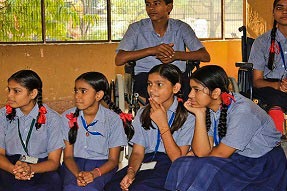
Education for children with disabilities
The objective of this research project is to provide an analysis of current educational provision at secondary level for children with special needs in India, advise on relevant national and international experience in secondary education (Classes IX and X; ages 15 and 16) and highlight costed policy options for the future provision of secondary education to children with special needs.
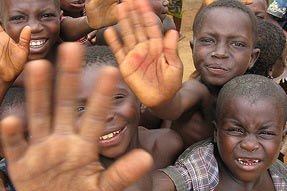
Educational outcomes and poverty
Poverty often leads to inferior educational outcomes. Those outcomes in turn play a major role in determining the future incidence and extent of poverty. RECOUP aimed to study the mechanisms that drive this cycle of deprivation, identifying the policies needed to ensure that educational outcomes benefit the disadvantaged.
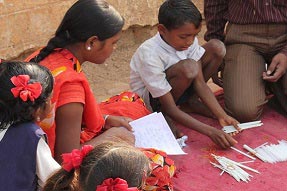
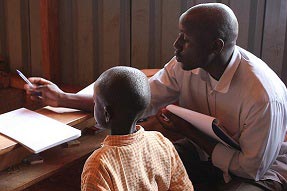
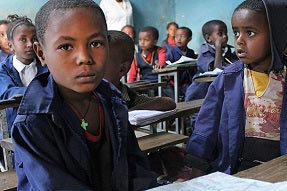
Improving access to education in Ethiopia
This research project in Ethiopia tracks children who attended Speed Schools and their families to measure impacts of the project on primary school completion, learning outcomes and poverty. Children who have dropped out of school are also tracked, together with a control group to compare outcomes for children who attended Speed Schools to those who did not. The research aims to provide a comprehensive understanding of whether public schools, into which Speed School graduates are re-integrated, are able to sustain improvements over time.
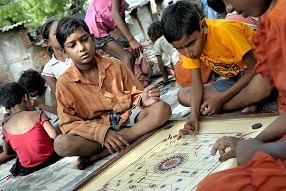
Inclusive schooling in India
The research, carried out in government schools in rural Karnataka, India, aims to investigate the impact of mainstream schools and other educational provision on the learning experiences and social outcomes of children with disabilities. Using a community-based approach, this primarily qualitative research aims to undertake a systemic examination of the experiences of children with disabilities and their parents as they negotiated schooling processes.
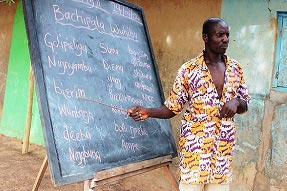
Leadership for Learning Ghana
The Leadership for Learning (LfL) programme explores the applicability to basic schools in Ghana of a set of principles concerning the connections between leadership and learning. It also researches the opportunities and challenges of introducing the principles nationwide, and the impact of doing so on school leaders, teachers and pupils.
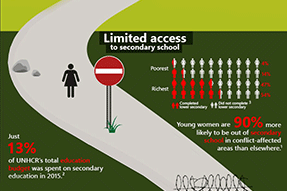
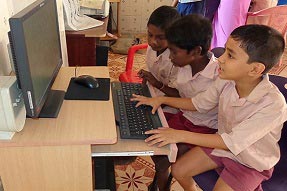
OER4Schools programme
The OER4Schools programme develops and researches the impact of an open professional learning resource for use in pre-service or in-service education in sub-Saharan Africa. The multimedia resource supports interactive teaching and inquiry-based, collaborative learning of primary school mathematics and science – generally, and through using mobile technologies, digital open educational resources (OER) and Open Source software.

